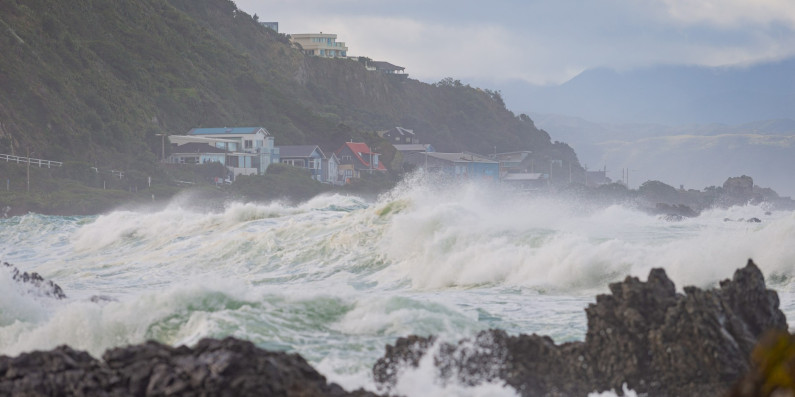
Updated guidance on coastal climate change released
The guidance supports planning for climate change in coastal areas.

The guidance supports planning for climate change in coastal areas.
Many coastal communities across Aotearoa are already experiencing the effects of climate change through sea-level rise, flooding, erosion and rising groundwater.
New Zealand’s seas have risen by 21cm since 1900, and sea-level rise is projected to accelerate.
At the same time, more frequent and severe extreme weather events are impacting our coasts, estuaries and harbours increasing the risk of damage to homes, infrastructure and cultural sites.
This updated guidance draws on the latest science to provide coastal hazards and climate change information for decision makers in coastal areas.
The guidance is a technical document designed for practitioners involved in:
The guidance does not describe what will or won’t happen with climate change or sea-level rise in any specific area. Instead, it is a tool to help decision makers consider the potential effects of climate change, now and in the future, based on the latest scientific information. This includes a 10-step process to assess the risks and determine what actions to take.
Broader guidance on the practical steps to take as part of the adaptation process is expected to be published later in 2024.
When this adaptation planning guidance is released, a condensed technical version of the coastal hazards and climate change guidance will sit alongside it as a companion document.